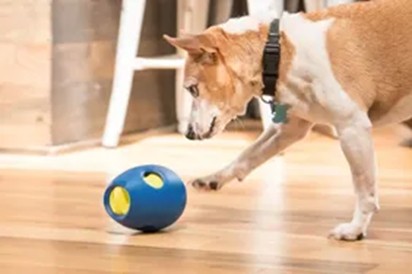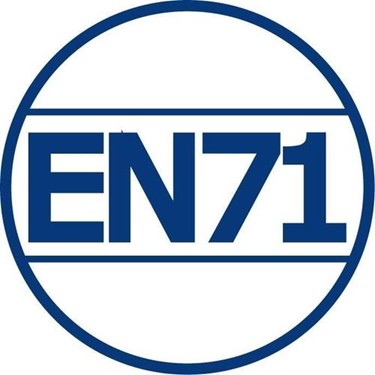Pet toys are a type of parent-child toy designed for pets to play with, based on treating pets as human partners. The purpose of this type of toy is to allow humans and their pets to truly interact and have greater emotional communication and interaction. Do pet toys need to obtain CE certification for export to the EU market? The answer is yes, it requires EN71 testing for pet toy CE certification.

EN71 is a mandatory standard for toys designed for children under the age of 14 in EU countries. Its significance is to provide technical specifications for toy products entering the European market through the EN71 standard, in order to reduce or avoid harm to children caused by toys.
EN71 inspection standard for pet toys:
EN71-1, Physical and mechanical performance testing: EN 71-1:2014+A1:2018
EN71-2, Flame retardant test: EN 71-2:2020
EN71-3, Migration of specific elements: EN 71-3:2019+A1:2021
EN71 testing process for pet toys:
1.The applicant fills out the application form for World Restoration, provides product pictures and material list
2.Based on the provided material list, determine the testing cost and provide a quotation to the applicant
3.After the applicant confirms the quotation, the full project fee will be paid after signing the contract, and the test samples will be sent to the laboratory for testing (the specific number of test samples will be coordinated with the staff).
4.After passing the test, a toy EN71 test report will be issued (the EN71 testing cycle for pet toys is generally 5-7 working days), and the project will be completed.

The EN71 testing fee for pet toys depends on the product itself. It will charge based on the specific color and material of the product. According to EU regulations, EN71 testing for toys must be conducted separately based on different materials and colors, so the fees must also be charged separately. Some customers specifically specify EN71-1 or EN71-2 testing, EN71-3, and so on. So different testing projects also have different costs.
Post time: Dec-12-2024





